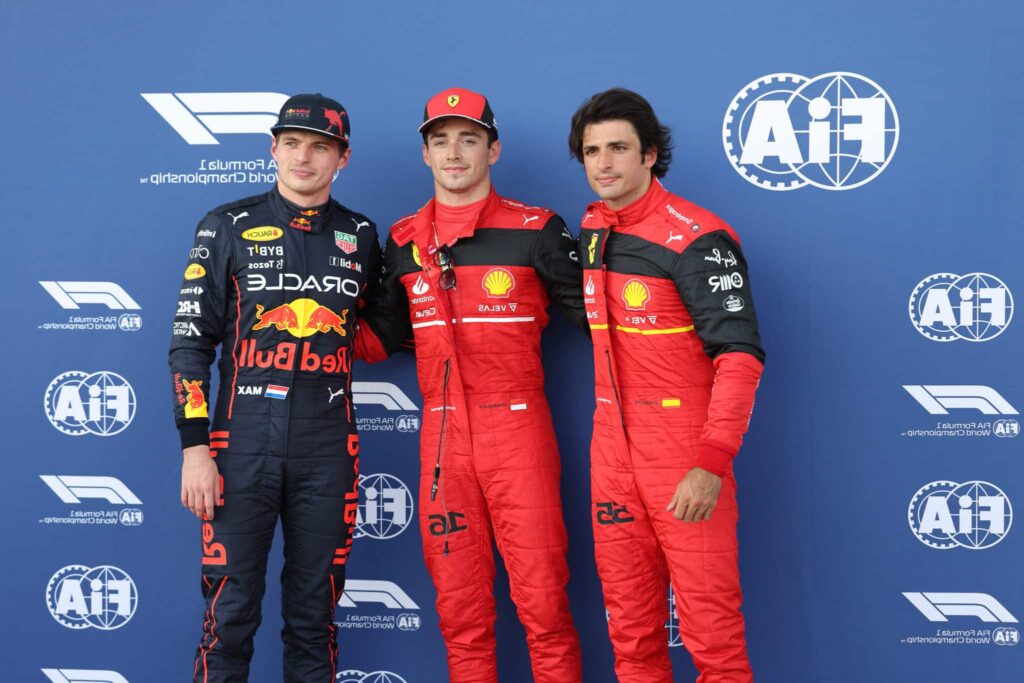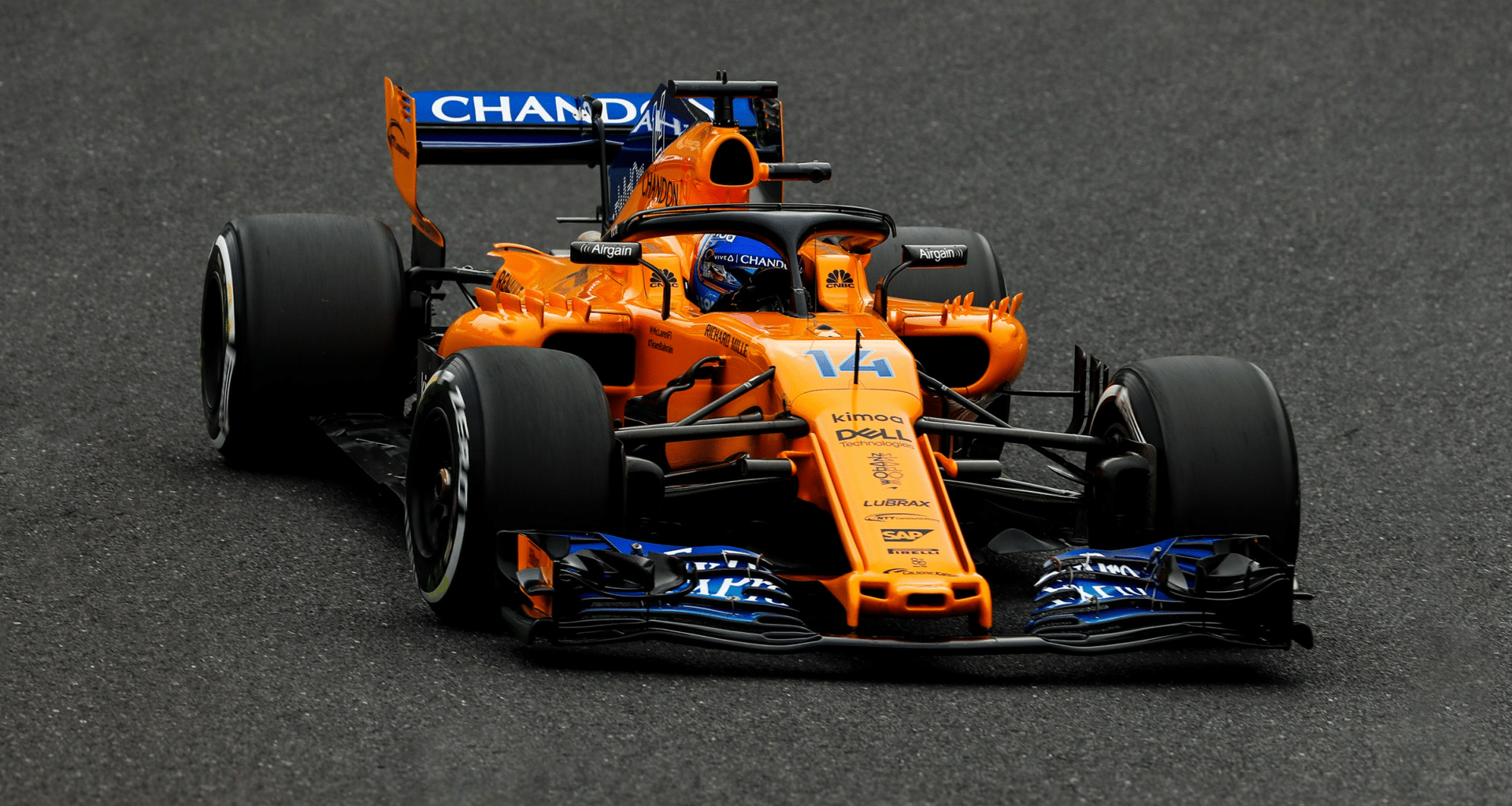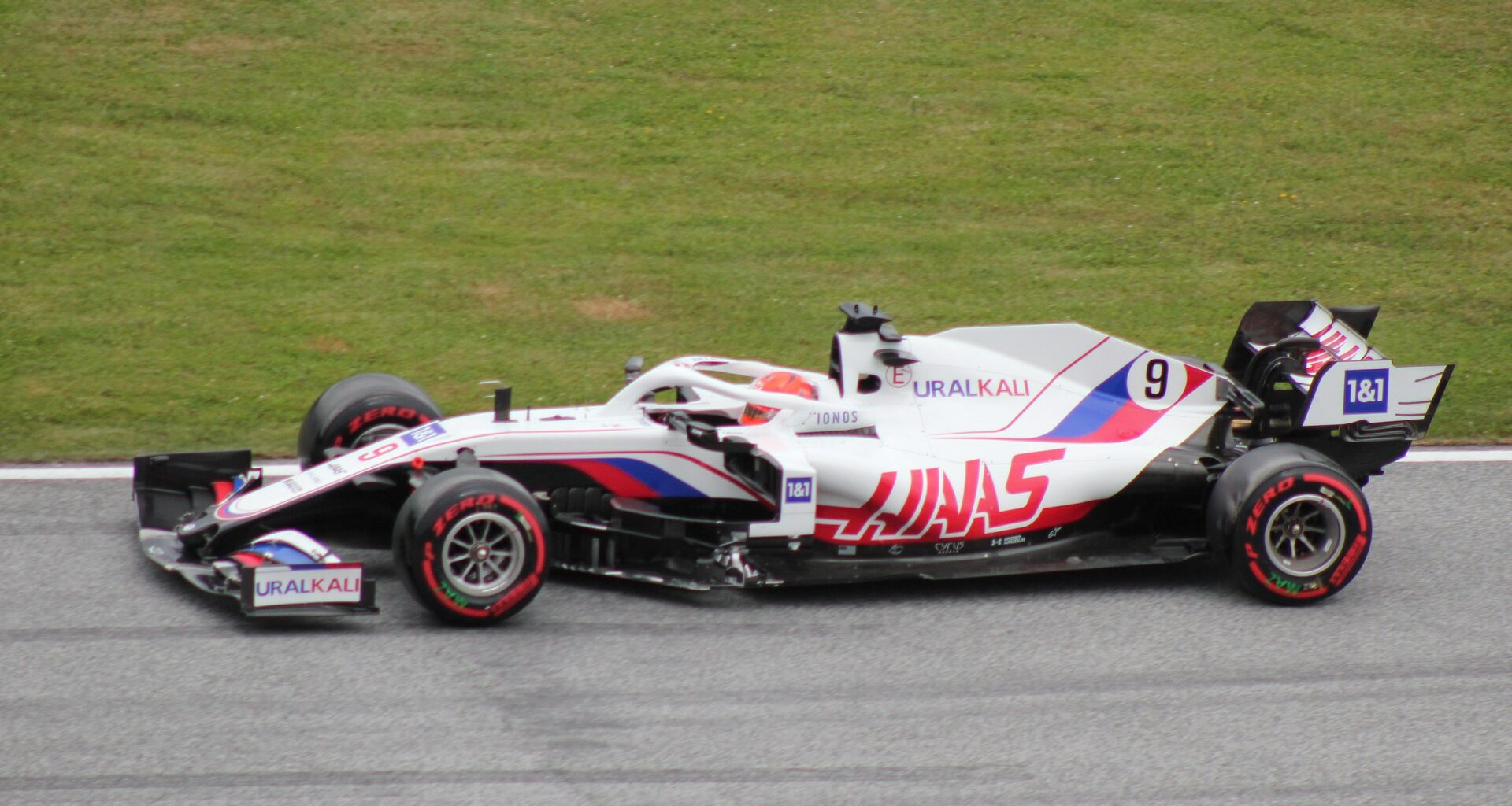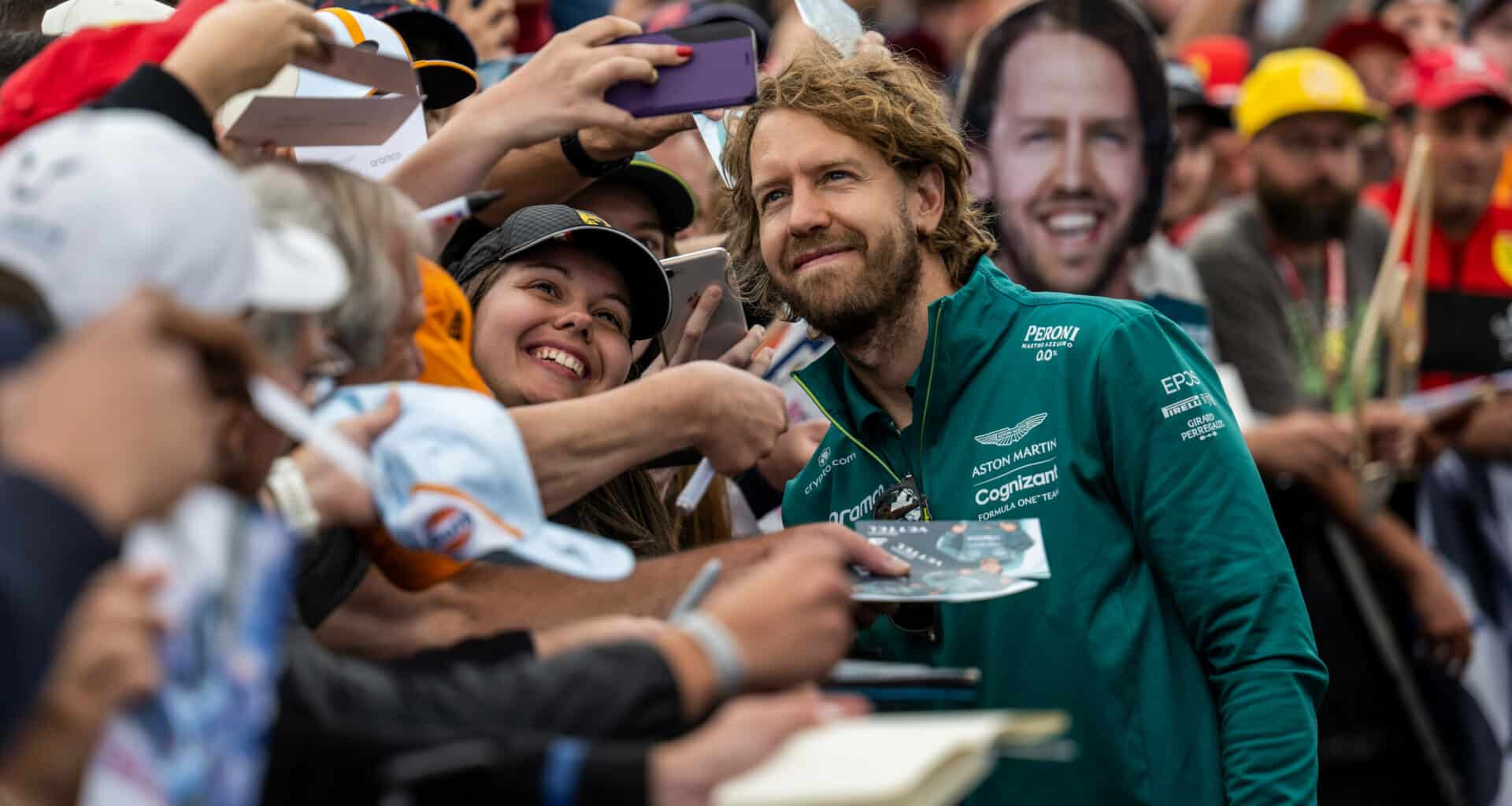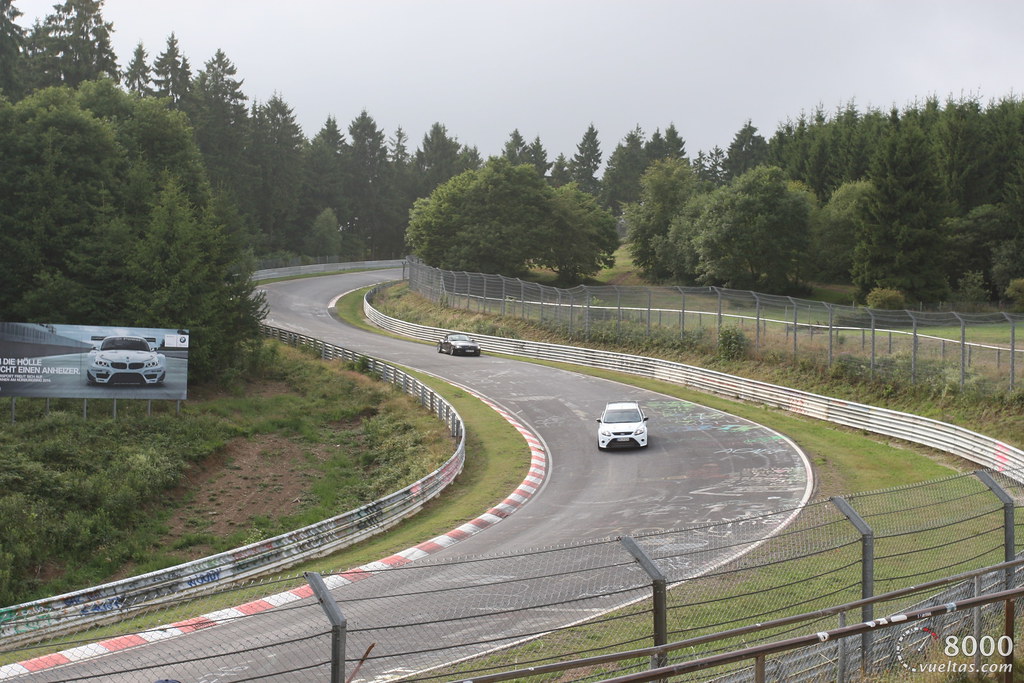The journey to F1 is long and arduous, requiring talent, dedication, and financial backing. Most drivers begin their careers in karting at a young age, gradually moving up the ranks as they gain experience and hone their skills.
As you progress through the various levels of motorsport, the competition becomes fiercer, and the stakes become higher.
In this guide, we will cover the essential ingredients to become a F1 driver, the role of money in F1 racing, mastering the art of driving, navigating the ranking system, obtaining an FIA Super Licence, and joining an F1 junior driver academy.
Table of Contents
- 1 The Essential Ingredients: Talent, Dedication, and Fitness
- 2 The Role of Money in F1 Racing
- 3 Mastering the Art of Driving: From Karting to F1
- 4 Navigating the Ranking System: From Junior Championships to F1
- 5 The FIA Super Licence: Your Ticket to F1 Racing
- 6 Joining an F1 Junior Driver Academy: A Stepping Stone to Success
- 7 Preparing Mentally for the F1 Challenge
- 8 If you fail, you can still be a racing driver in another series
The Essential Ingredients: Talent, Dedication, and Fitness
To succeed in Formula 1, a driver must possess an exceptional level of natural talent. This talent is usually evident from an early age, as young drivers compete in karting events and begin to make a name for themselves.
However, talent alone is not enough to secure a place in F1; it must be combined with unwavering dedication and a relentless work ethic.
Drivers must be prepared to make significant sacrifices in pursuit of their dreams. This may involve moving to new countries, spending long periods away from family and friends, and devoting countless hours to training and practice.
The road to F1 is not for the faint-hearted, and only those with the strongest determination will succeed.
Fitness is another crucial aspect of a driver’s preparation. Formula 1 cars are incredibly demanding to drive, subjecting drivers to extreme forces and temperatures. To withstand these conditions, drivers must be in peak physical condition.
A comprehensive training regimen, including cardiovascular exercise, strength training, and flexibility work, is essential to maintain the necessary level of fitness.
The Role of Money in F1 Racing
It is no secret that motorsport is an expensive endeavor. As drivers progress through the ranks, the costs associated with racing increase significantly. From purchasing or leasing racing cars to covering entry fees, travel expenses, and hiring support staff, the financial burden can be immense. This makes it difficult for talented drivers without substantial backing to make it to the top.
In recent years, there has been a growing trend of young drivers securing seats in F1 teams due to the financial support they bring, rather than their talent alone. This has sparked debate within the motorsport community, with many arguing that the sport should do more to level the playing field and ensure that the most talented drivers rise to the top.
While money undoubtedly plays a significant role in F1 racing, it is not the only factor.
Talented drivers who can demonstrate their potential and secure backing from sponsors or investors still have a chance to make it to the top. However, the reality is that financial considerations are an inescapable part of the sport.
Mastering the Art of Driving: From Karting to F1
The journey to Formula 1 typically begins in karting, where young drivers learn the fundamentals of racing and develop their skills. As they progress, drivers move into single-seater championships, such as Formula 4, Formula 3, and Formula 2.
These series provide drivers with the opportunity to gain experience in more powerful cars and compete against some of the best up-and-coming talent in the world.
To be successful, drivers must master the art of driving in various conditions and on different circuits. This involves learning how to set up a car for optimal performance, understanding tire management, and developing a keen sense of racecraft.
Drivers must also be adept at working with engineers and mechanics to extract the maximum performance from their machinery.
As drivers climb the ladder, they will also need to learn how to work with the media, manage their public image, and navigate the political landscape of the sport. These skills are crucial for securing sponsorship deals and attracting the attention of F1 teams.

The world of motorsport is structured around a complex ranking system, with various championships and series designed to help drivers progress towards Formula 1.
The FIA, the governing body of motorsport, oversees this system and awards points to drivers based on their performances in different series.
To be eligible for an F1 Super Licence, drivers must accumulate a certain number of points by achieving strong results in recognized championships.
The points system is designed to ensure that only the most talented and experienced drivers make it to Formula 1. Some of the most important championships for aspiring F1 drivers include Formula 2, Formula 3, and various regional Formula 4 series.
In addition to accumulating points, drivers must also meet other requirements, such as holding a valid FIA International Grade A licence and completing a knowledge test on F1 regulations.
Drivers returning to F1 after a hiatus may have different requirements, but the overall objective remains the same: to demonstrate their readiness to compete at the highest level of motorsport.
The FIA Super Licence: Your Ticket to F1 Racing
The FIA Super Licence is the ultimate prize for aspiring Formula 1 drivers. This licence, issued by the FIA, is required to compete in Formula 1 and serves as a mark of a driver’s talent, experience, and readiness for the challenge of F1 racing.
To obtain a Super Licence, drivers must meet several criteria, including:
- Be at least 18 years old
- Hold a current FIA International Grade A licence
- Complete a knowledge test on F1 regulations
- Have relevant experience in single-seater championships
- Accumulate at least 40 points based on championship classification
Drivers can earn additional points through clean driving, success at prestigious events like the Macau Grand Prix, and trouble-free practice runs at Grand Prix weekends.
Recent examples, such as Logan Sargeant, demonstrate the importance of accumulating the necessary points through strong performances in F2 and F1 practice runs. The process of obtaining a Super Licence is essential for aspiring F1 drivers, and meeting the specific requirements and point accumulation is crucial for success.
Joining an F1 Junior Driver Academy: A Stepping Stone to Success
One of the most effective ways for young drivers to make it to Formula 1 is by joining an F1 junior driver academy. These programs, run by F1 teams, provide support and guidance to promising young talent, helping them to develop their skills and progress through the ranks.
Joining an academy can provide drivers with access to state-of-the-art training facilities, expert coaching, and valuable networking opportunities.
In addition, academy drivers often receive financial support to help cover the costs associated with racing. This can be a significant advantage for drivers who may otherwise struggle to find the necessary backing to pursue their dreams.
While joining an F1 junior driver academy is not a guarantee of success, it can significantly increase a driver’s chances of making it to Formula 1.
Many of the sport’s top stars, including Lewis Hamilton, Max Verstappen, and Charles Leclerc, have come through academy programs, demonstrating the value of these initiatives in nurturing talent and providing a pathway to the pinnacle of motorsport.

Preparing Mentally for the F1 Challenge
An extremely high level of physical and mental condition is necessary to drive in Formula 1.
The mental toughness and resilience required for success in Formula 1 can be developed through the use of mental training methods including visualization, meditation, and stress management techniques.
If you fail, you can still be a racing driver in another series
If you fail, even tho i trust you becoming an F1 driver is really hard and selective. But you can still become a racing driver and make a good living in other series :
- World Endurance Championship (WEC)
- NASCAR
- European Le Mans Series (ELMS)
- IMSA WeatherTech SportsCar Championship
- IndyCar Series
- Formula E
- Super Formula
- DTM (Deutsche Tourenwagen Masters)
- World Rally Championship (WRC)
- Australian Supercars Championship
- Asian Le Mans Series
- British Touring Car Championship (BTCC)
- GT World Challenge Europe
- Intercontinental GT Challenge
- Super GT
- Porsche Carrera Cup
- Lamborghini Super Trofeo
- Ferrari Challenge
